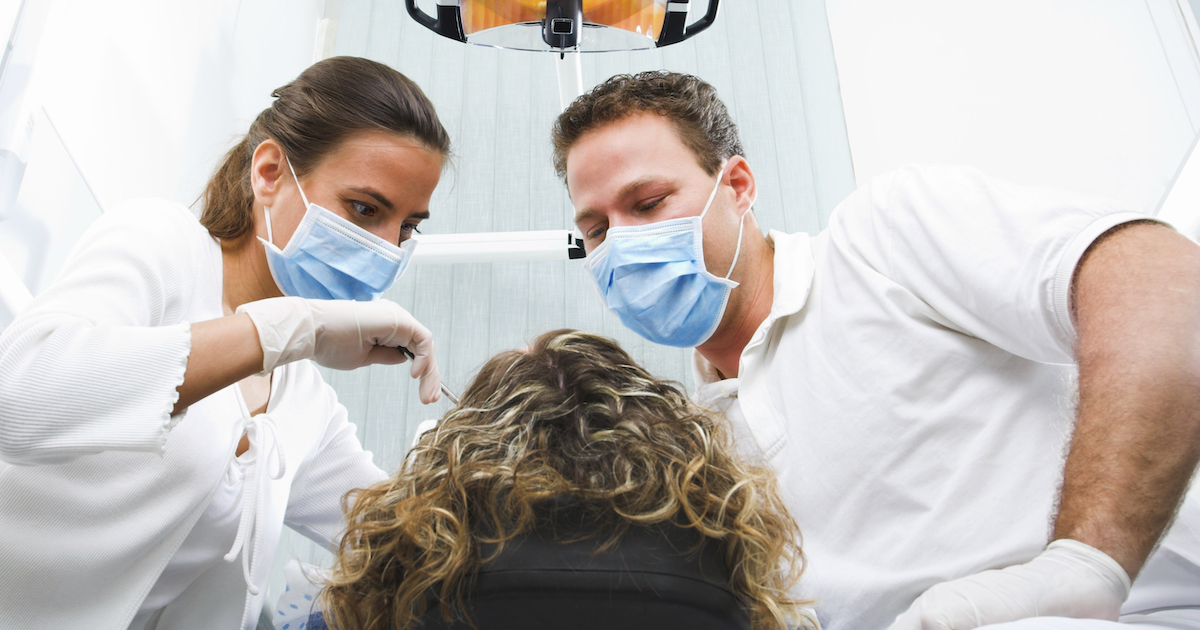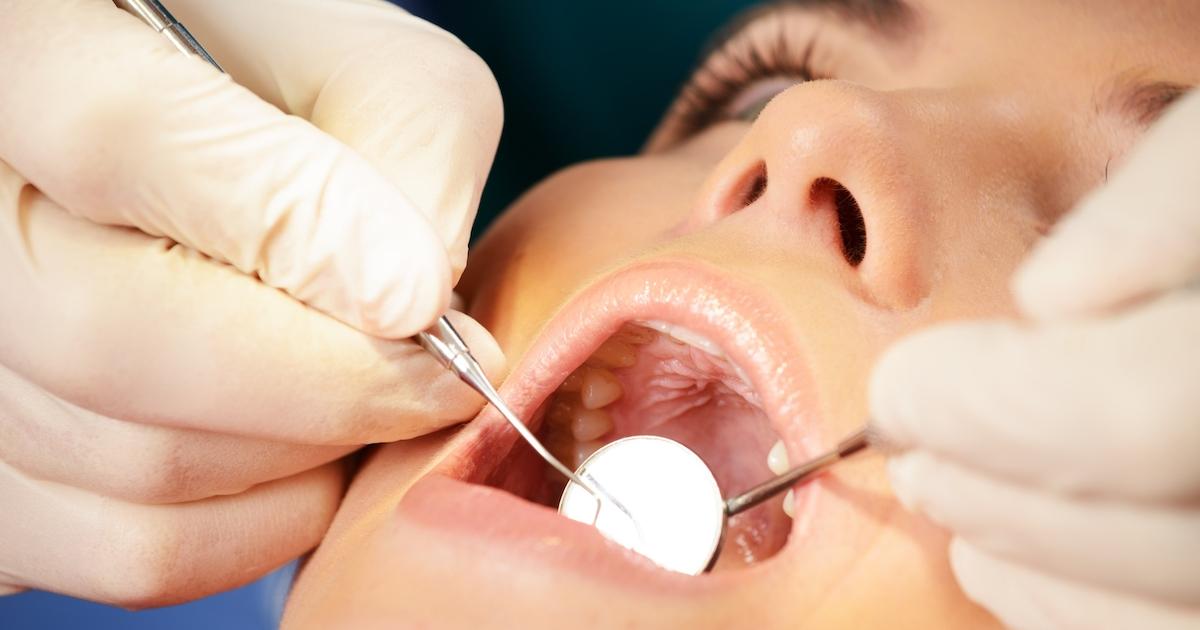Causes Of Hyperdontia
Hyperdontia is a rare condition of having supernumerary teeth, that is, having additional teeth that erupt beyond the average amount of thirty-two adult teeth. These extra teeth take many forms, such as clearly tooth-like, peg-shaped, or as multiple elemental tooth structures. Both hereditary and environmental causes can result in the development of additional teeth in the mouth. Males appear to have the condition more frequently than females. Although the extra teeth do not always cause a problem for the individual, they are often removed for aesthetic reasons. Many disorders can contribute to hyperdontia. Learn about them now.
Cleidocranial Dysplasia

One condition that may result in hyperdontia is a rare disorder known as cleidocranial dysplasia, which affects the bones and teeth. Individuals who are affected by this condition may have impaired development of the collarbone, incomplete closure of the bones of the skull, osteoporosis, and problems with normal dental development. Dental issues such as delayed eruption of adult teeth, misalignment of the teeth and jaw, and extra teeth may occur. The condition may cause both multiple erupted and unerupted supernumerary teeth, and sometimes, additional teeth develop well beyond the normal age of dental development. Treatment of cleidocranial dysplasia often includes ongoing dental care.
Learn more about what can cause hyperdontia now.
Fabry's Disease

Fabry's disease is a disorder caused by the GLA gene, which causes a deficiency is a necessary enzyme. Individuals with Fabry's disease may experience a variety of symptoms, such as burning sensation on the hands and feet, poor vision, hearing problems, and gastrointestinal issues. The disorder increases the risk of having a heart attack, stroke, or kidney disease. Medical management is needed to help alleviate symptoms of the disease. In addition, cysts of the mouth and hyperdontia can occur in these individuals. The extra teeth may often lead to impaction of other teeth, and ongoing dental treatment is often necessary.
Reveal the next condition that causes hyperdontia now.
